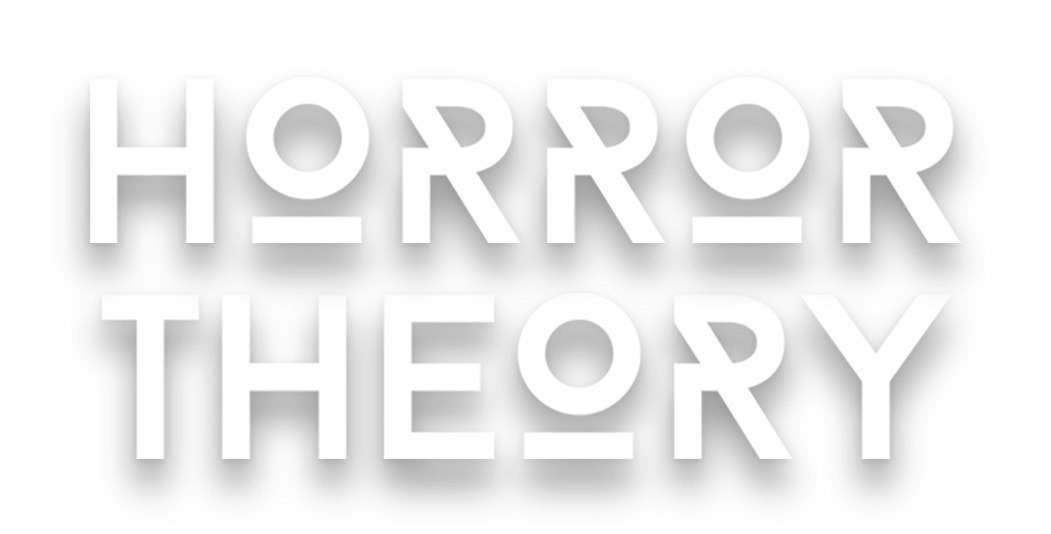Horror Theory was founded in 2014 to analyze sociological themes explored in horror films both modern and classic. One of the most astute approaches to understanding the primal and sometimes subconscious fears of a particular culture or generation is to look at their horror cinema output. Our goal is to create content that provides readers with a greater context, engagement, and appreciation of this relationship.
Disclosure: Some of the links on this site are affiliate links, meaning we will earn a commission if you click through and make a purchase.


